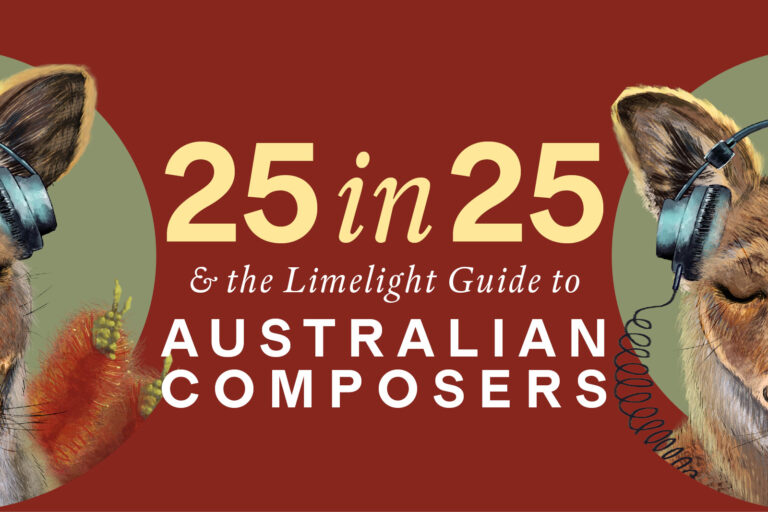Le prophète was one of the most anticipated and influential operas in the history of the artform – and not necessarily in a good way. Premiering to tremendous acclaim in Paris on 16 April 1849, it was a prime example of French grand opéra. Thanks largely to Meyerbeer, the genre had gained adherents from all corners of Europe: not only Frenchmen but Italians like Rossini, Donizetti and, most recently, Verdi.

The opera’s music, and also its innovations, were quickly picked up on. Liszt would compose his monumental organ work, Fantasy and Fugue on the chorale Ad nos, ad salutarem undam, based on the Anabaptist chorale from the opera (literally invented by Meyerbeer), while composers from Berlioz to Verdi would be influenced by the work’s vivid instrumental effects. For Wagner, however, whose antisemitism was fast becoming a festering sore, it was the last straw in what he saw as a Jewish conspiracy to prevent performances of his works in France. A year later, his vicious, yet horribly influential Das Judenthum in der Musik would contribute...
Continue reading
Get unlimited digital access from $4 per month
Already a subscriber?
Log in










Comments
Log in to start the conversation.